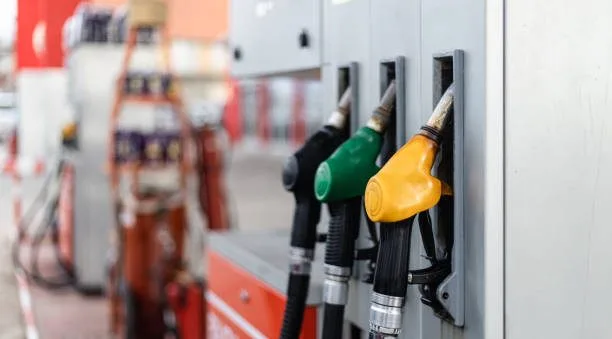Deloitte Cautions on Inflationary Impact of GHS 1 Fuel Levy
Deloitte Ghana has flagged the recently implemented GHS 1 fuel levy as a key upside risk to Ghana’s inflation outlook, warning that the new tax measure could further increase transport and fuel costs.
According to the firm’s latest “West Africa Inflation” report, the implementation of the levy—officially known as the D-Levy on petroleum products—adds another layer of cost pressures on consumers already grappling with rising living expenses.
“The implementation of the GHS1 fuel levy i.e., the D-levy on petroleum products, is another upside risk that could increase fuel and transport costs,” Deloitte noted in the report.
The levy took effect on Wednesday, July 16, 2025, following a brief postponement due to concerns raised by stakeholders and fluctuations in global oil prices. It was introduced under the Energy Sector Levies (Amendment) Act, 2025 (Act 1141), aimed at raising funds to address persistent shortfalls in the energy sector, reduce legacy debts, and stabilise power supply.
Per Tariff Interpretation Order (TIO) No. 2025/003 issued by the Commissioner-General of the Ghana Revenue Authority (GRA), Mr Anthony Kwasi Sarpong, the levy has resulted in upward adjustments in taxes on several fuel products.
The levy on petrol (motor spirit, super) has increased from GHS0.95 to GHS1.95 per litre, while diesel (gas oil) has gone up from GHS0.93 to GHS1.93 per litre. Marine gas oil and heavy fuel oil are also subject to increases. However, the levy on liquefied petroleum gas (LPG) remains unchanged at GHS0.73 per litre.
The GRA has directed all petroleum sector operators to comply strictly with the new tariff structure. Products lifted before June 9, 2025, will attract the old rates, while cash-and-carry transactions and fuel lifted on or after the implementation date are subject to the new levies.
Despite concerns about its inflationary impact, the government maintains that the levy is essential to restoring financial sustainability within the energy sector.








